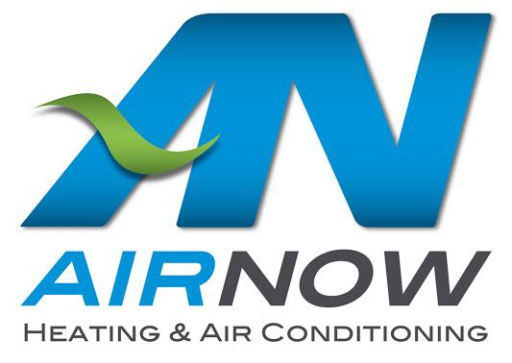How happy are you with your furnace's performance this winter season? If it is a dinosaur that's nearly extinct, maybe it's time to believe about kicking that old furnace to the curb.
Combat the Cold Through the Winter by Replacing Your Furnace Now
We understand the idea of purchasing a brand-new furnace can be overwhelming. It is a huge financial investment, however there is also a big capaOgden for savings, namely from big energy costs and painfully cold extremities. So we've simplified your furnace look for you by fixing your most common furnace questions.
Should I get a large furnace or a little one?
It's crucial to have your furnace expertly sized. This is essential for effective operation and offering a comfortable home. If your furnace is too small, it won't be able to keep your home warm when temperatures drop. If it's too huge, it will cycle on and off more frequently, squandering energy and triggering more wear to furnace elements.
Gas, oil, electric, or heat pump? Exactly what's the difference?
• Oil
Oil furnaces are typical in older houses in the northeast region and are another alternative if gas if not offered. They offer more heat per BTU than gas and electric heat sources, however a storage tank is required and oil should be provided. They cost less than gas furnaces, however efficiency is lower and fuel costs higher. There is likewise a bit more routine maintenance, such as chimney cleaning and oil filter changes due to dirt and soot buildup.
• Gas
Due to their greater performance and fuel price, gas furnaces are the most typically utilized type of furnace. As compared to oil furnaces, they need very little maintenance, and they are quieter and cleaner. It deserves keeping in mind, nevertheless, that gas furnaces supply less heat per BTU than oil. (What's a BTU? It's a fundamental device of measurement for thermal (heat) energy. Measured at it's heaviest point, it's the amount of energy required to heat one pound of water to one degree Fahrenheit.)
• Electric
A great alternative if gas is not available, electric furnaces have no need for a flue, which reduces heat loss. They generally have an AFUE rating of 95-100 percent. However, electrical energy has the tendency to be more pricey than furnaces that make use of fossil fuels. If you like to count on electrical energy for your fuel source, a heat pum p may be a much better alternative.
p may be a much better alternative.
Heat Pump Heating Systems
Traditional heat pumps systems are inexpensive to install and an excellent option for moderate environments, such as the south and southwest, where winter seasons are brief and moderate. They transfer heat from outside air indoors, and vice versa in the summer season for cooling. For chillier climates, geothermal heat pumps might be an option. Nevertheless, they are much more expensive to install.
Does a greater furnace AFUE rating really matter?
AFUE ratings are a measurement of a furnace's effectiveness. The greater the rating, the much better the effectiveness. Greater AFUE scores are very important in cooler areas such as the mid-west and northeast, where winter can be exceptionally cold. However, if you stay in a warmer environment, a higher AFUE rating is less substantial.
Wonder about the AFUE on your present furnace? Gas models from the 1970s have a typical score of 65 percent performance. The most efficient, brand-new designs are a lot more efficient, with scores as high as 97 percent! That might indicate a savings of $40 for each $100 invested in fuel. This could include up to big cost savings in decreased energy costs and over the life of the furnace.
Are there any promo codes?
Depending on your location, there might be producer discounts readily available. Air Now Heating and Air Conditioning will have any information on promotions, as well as any incentives for federal, state, and local taxes. Your energy company might likewise provide "green" incentives and discounts, as well.
All set to upgrade your furnace? Contact Air Now Heating and Air Conditioning at (801) 784-6343 to discover the perfect furnace replacement for your home.
